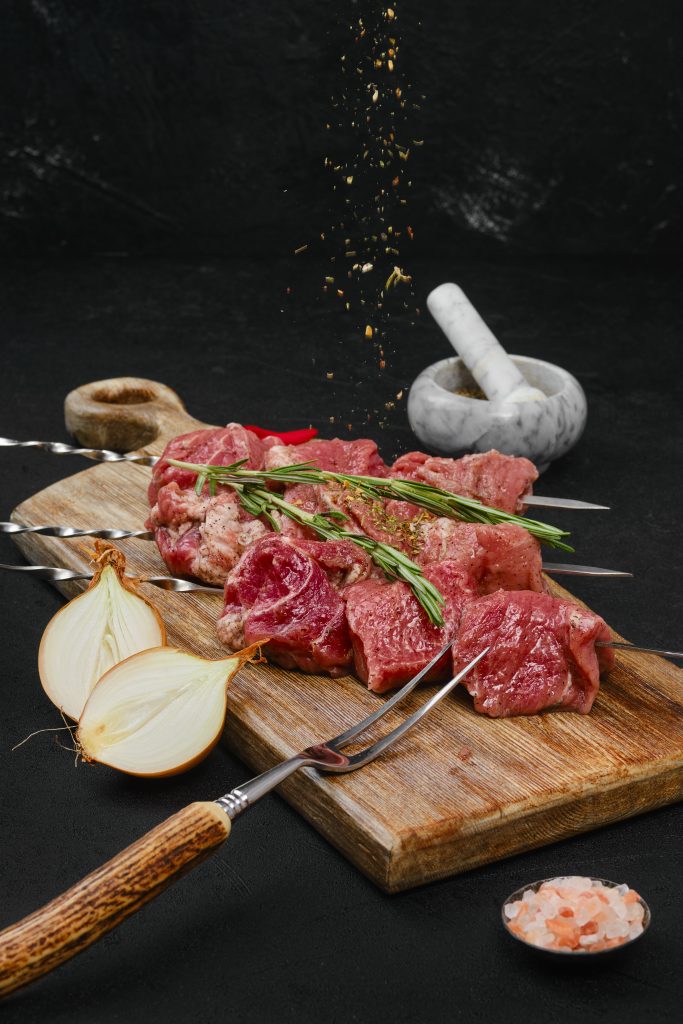
Halal certification is a crucial component for businesses that wish to cater to the growing Muslim population in Canada and globally.
For consumers, it guarantees that the food they consume adheres to Islamic dietary laws, which prohibit certain ingredients and require specific preparation methods. This certification not only ensures compliance with religious practices but also enhances trust and transparency between consumers and businesses.
At Ottawa Kabab, every dish is prepared with the utmost care to ensure compliance with Halal standards. The restaurant takes pride in offering a menu that features only Halal-certified meats, providing the Muslim community with the assurance that their dietary requirements are met.
From succulent kebabs to rich stews, every item on the Halal-certified menu is made with high-quality, Halal-certified meat, ensuring that all ingredients adhere to Islamic dietary laws.
Why Halal Certification Matters
- Consumer Trust: For Muslim consumers, Halal certification is a sign of trust. It assures them that the products meet the necessary Islamic dietary laws. This trust often translates into brand loyalty, as consumers are more likely to return to businesses that provide certified products.
- Market Differentiation: In a competitive market, Halal certification can set a business apart. It appeals not only to Muslim consumers but also to those who are interested in ethical consumption, such as ensuring animal welfare and avoiding certain additives like alcohol.
- Compliance and Quality: Obtaining Halal certification often requires businesses to adhere to stringent quality controls, which can enhance the overall standard of their products. This compliance can also open doors to international markets, particularly in Muslim-majority countries where Halal certification is a requirement for food imports.
Halal Certification Issuers in Canada
In Canada, several organizations are recognized for issuing Halal certifications. These bodies ensure that businesses comply with the necessary standards to be considered Halal. Three of the most prominent certifiers are ISNA Canada, HMA Canada, and the Canadian Halal Food Certifying Agency (CHFCA).
- Islamic Society of North America (ISNA) Canada: ISNA Canada has been a trusted Halal certification body for over 30 years. They offer certification for a wide range of food products, ensuring that all stages of production meet Halal standards. ISNA Canada is particularly known for its educational resources, helping businesses and consumers alike understand the importance and intricacies of Halal certification.
- Halal Monitoring Authority (HMA) Canada: HMA Canada is considered one of the most authentic Halal certifiers in the country. Their process is rigorous, involving a three-part inspection system that covers the entire supply chain—from the source to the retailer. HMA’s thorough inspection protocol ensures that Halal compliance is maintained at every step, making it a trusted symbol for consumers.
- Canadian Halal Food Certifying Agency (CHFCA): CHFCA focuses on integrating Halal certification with modern food safety standards like HACCP (Hazard Analysis Critical Control Points). This agency ensures that Halal certification not only covers religious requirements but also aligns with international food safety standards. CHFCA’s certification process involves comprehensive auditing and continuous monitoring to maintain the integrity of Halal products.
Sargent Farms: A Trusted Halal Source
Sargent Farms is a well-known Halal-certified poultry supplier in Ontario, committed to providing high-quality, Halal-compliant chicken. Since 1999, Sargent Farms has ensured that all their products are processed according to Islamic tradition. Each chicken is individually blessed and hand-slaughtered facing east towards Mecca, adhering strictly to Halal requirements. Their commitment is reinforced by certification from the Halal Monitoring Authority (HMA), which involves continuous on-site monitoring during the processing of their products. This dedication to Halal standards has made Sargent Farms a trusted source for Halal poultry in the Muslim community.
Conclusion
For businesses, obtaining Halal certification is not just about meeting religious requirements; it’s about building trust, ensuring quality, and tapping into a growing market. For consumers, especially within the Muslim community, it provides assurance that the food they consume is prepared according to their beliefs. Understanding the role of certification bodies like ISNA, HMA, and CHFCA can help businesses navigate the process and make informed decisions that benefit both their operations and their customers.
Whether you’re a consumer seeking Halal food or a business looking to get certified, understanding what Halal certification entails and who the key players are in Canada will help you make better, more informed choices.
Every dish at Ottawa Kabab is not only flavorful but also prepared with a commitment to upholding the highest standards of Halal compliance. This dedication ensures that customers can enjoy their meals with confidence, knowing that every bite aligns with their dietary and religious principles.
